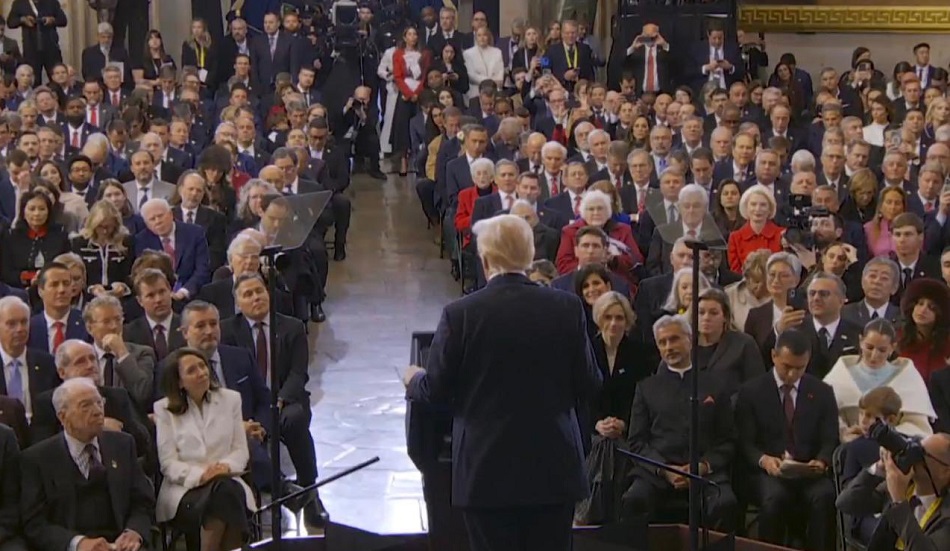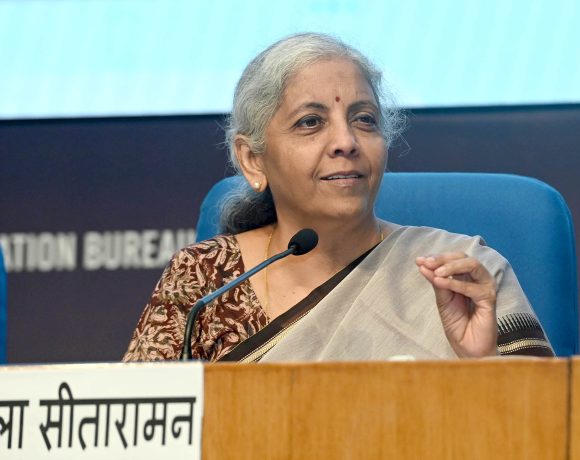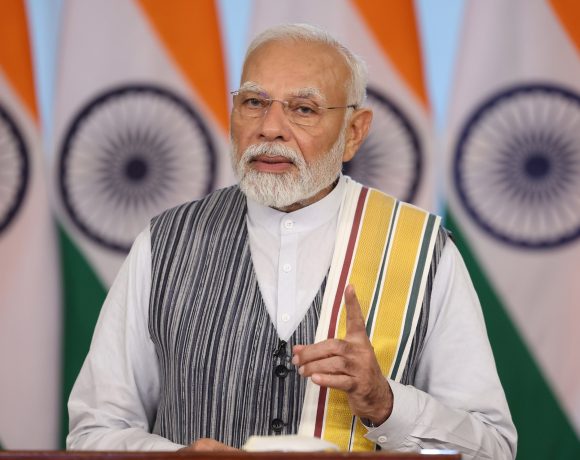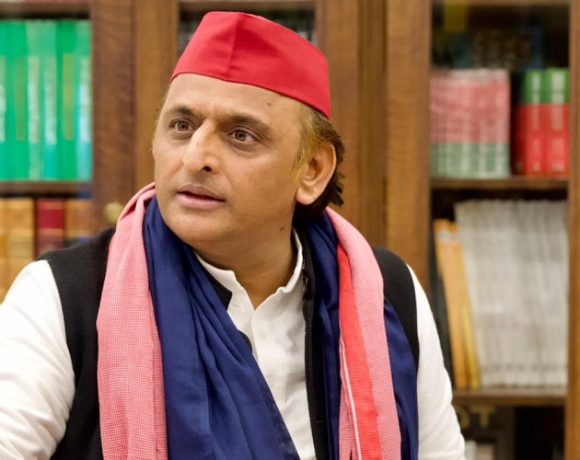
Jaishankar Rejects Trump’s Ceasefire Claim, Reasserts India’s Strategic Autonomy
India’s External Affairs Minister S. Jaishankar has categorically denied U.S. President Donald Trump’s claim of facilitating the ceasefire between India and Pakistan following the Pahalgam terror attack. Speaking in Washington ahead of the Quad ministerial meetings, Jaishankar made it clear that the ceasefire was a result of direct communication between New Delhi and Islamabad. “I was there in the room… Modi was impervious to what the Pakistanis were threatening. On the contrary, he indicated that there would be a response,” he said, underlining that no foreign hand played a mediatory role.
India Not Intimidated by Nuclear Threats
Refuting Trump’s insinuations that nuclear tensions influenced India’s response, Jaishankar strongly stated that India will never yield to nuclear blackmail. He stressed that India made its decision independently and that the leadership was committed to defending national sovereignty without bowing to coercion, however dramatic or public the threats may appear. His remarks come in the backdrop of increasing attempts by foreign powers to claim influence in India’s security decisions.
Quad Dialogue and Regional Strategy
The Foreign Minister’s visit to Washington also includes key participation in the Quad foreign ministers’ summit hosted by U.S. Secretary of State Marco Rubio. Discussions are focused on Indo-Pacific maritime security, regional counterterrorism cooperation, and resilient supply chains. Jaishankar, while acknowledging bilateral friction among partners, emphasized that relationships must be managed maturely to achieve long-term common objectives. “Relationships will never be free of issues,” he noted, hinting at a growing strategic maturity within the Quad framework.
Trade Talks Progressing Alongside Security Dialogue
In parallel to strategic discussions, India and the U.S. are in the final stages of negotiating an interim trade agreement. The deal aims to resolve longstanding tariff disputes, especially those stemming from the Trump administration’s trade restrictions. The expected agreement will include tariff cuts, increased LNG imports from the U.S., and support for Indian manufacturing competitiveness.
India’s Firm Diplomatic Message
Through his comments, Jaishankar delivered a sharp message—that India’s national decisions are not shaped by international theatrics or unsolicited mediation. The ceasefire with Pakistan, Operation Sindoor’s aftermath, and subsequent diplomatic engagements were all directed by India’s internal assessment and leadership resolve. At a time when geopolitical grandstanding is often confused for diplomacy, New Delhi is making it clear: India’s red lines are drawn in Delhi, not in Washington.


















